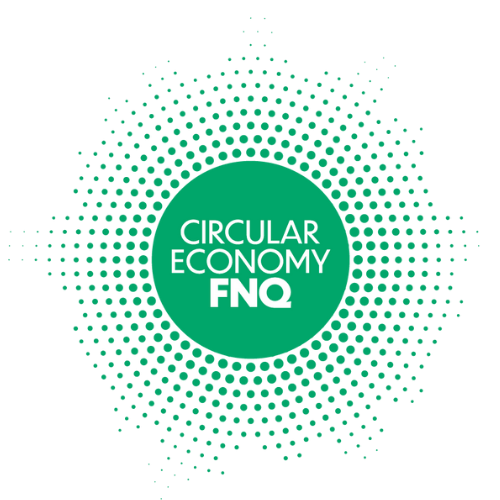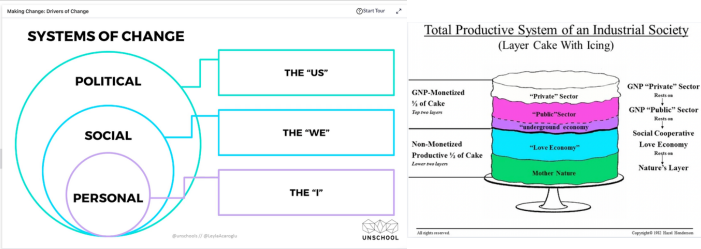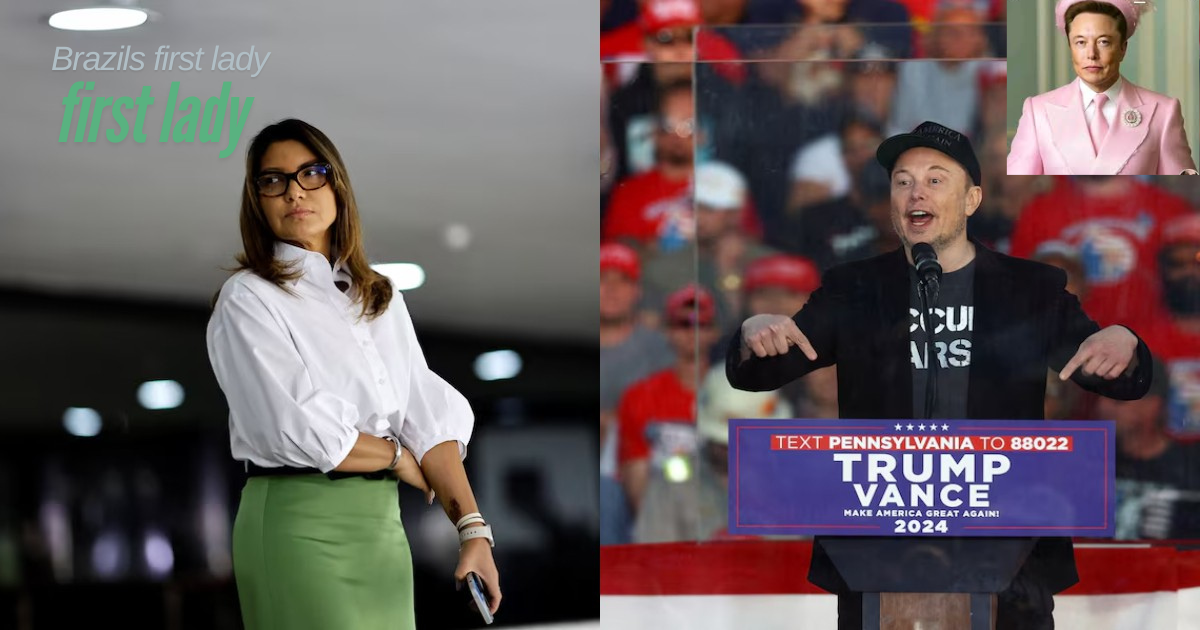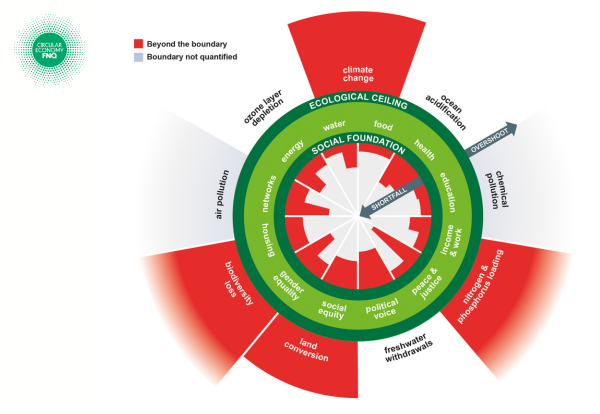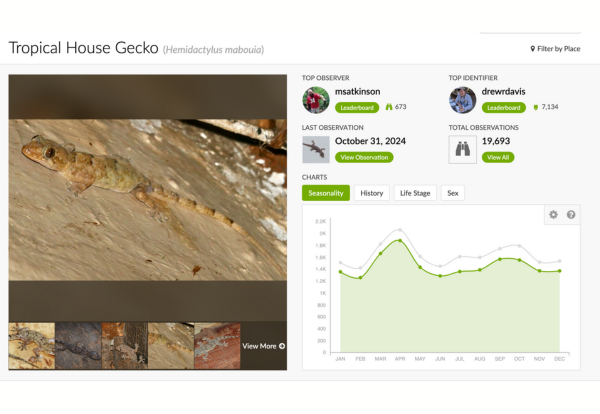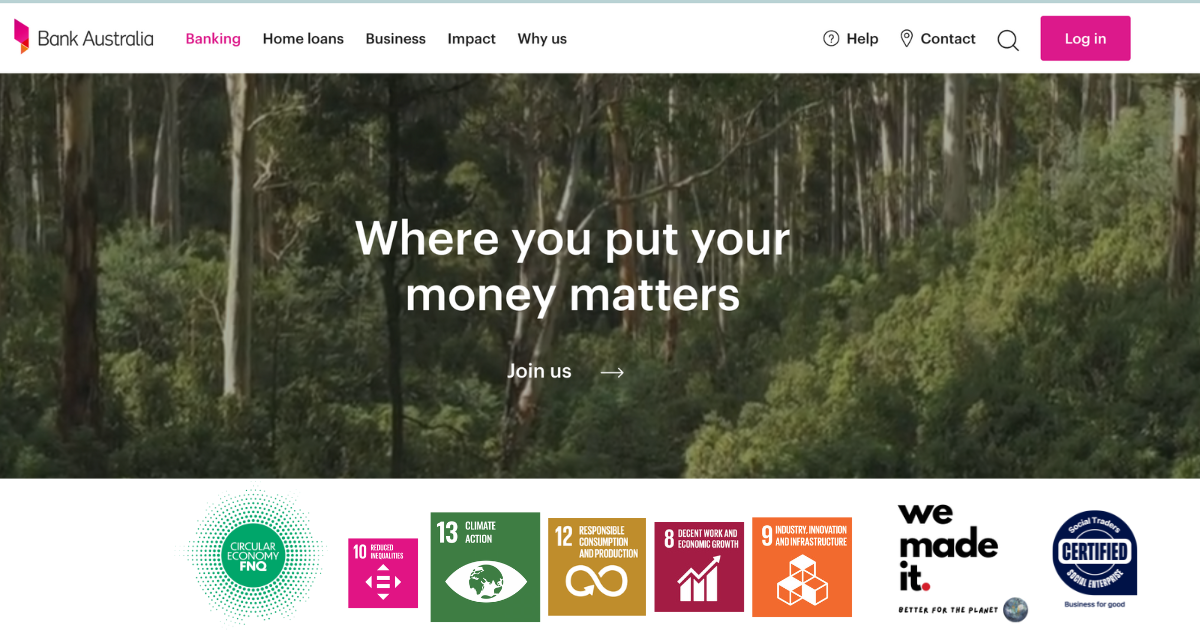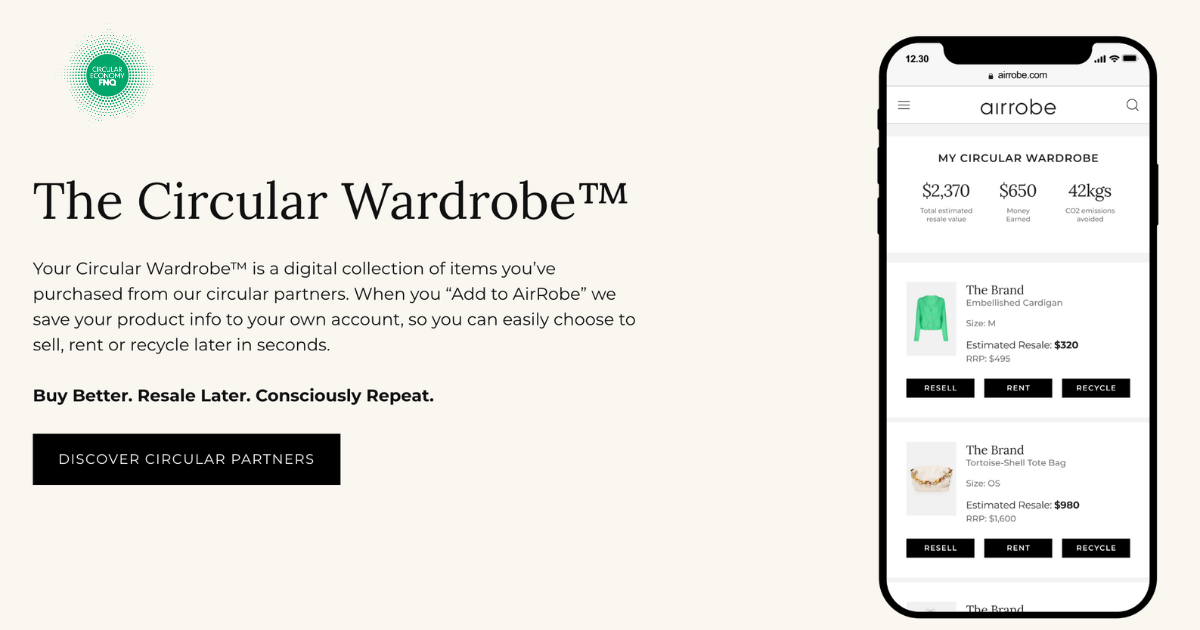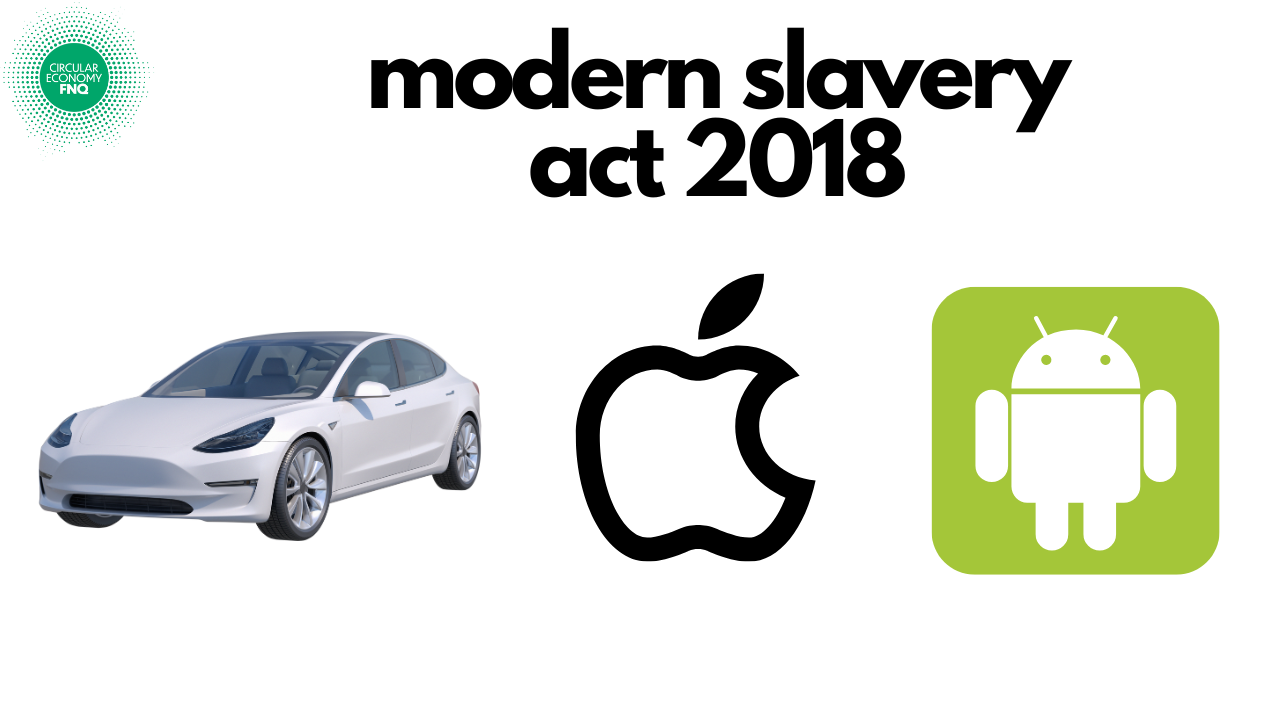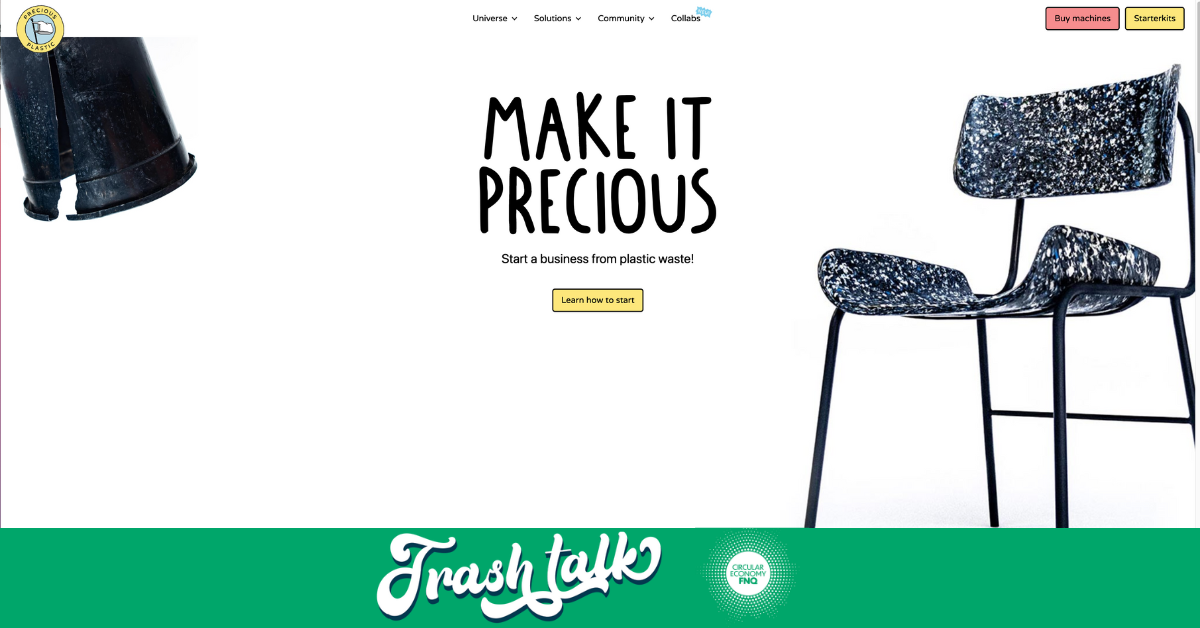Do you really know the volume and knock-on effects of food waste?
Today, an estimated one-third of all the food produced in the world goes to waste.
That is equal to about 1.3 billion tons of fruits, vegetables, meat, dairy, seafood, and grains that either never leave the farm, get lost or spoiled during distribution, or are thrown away in hotels, grocery stores, restaurants, schools, or home kitchens. It could be enough calories to feed every undernourished person on the planet.
But wasted food isn't just a social or humanitarian concern it's an environmental one. When we waste food, we also waste all the energy and water it takes to grow, harvest, transport, and package it. And if food goes to the landfill and rots, it produces methane a greenhouse gas even more potent than carbon dioxide. About 11% of all the greenhouse gas emissions that come from the food system could be reduced if we stop wasting food!
As the world’s population continues to grow, our challenge should not be how to grow more food, but to feed more people while wasting less of what we already produce!
Thankfully, there are plenty of actions we can take at the consumer level to make a significant difference. From delivering leftovers to those in need, to freezing food, shopping smarter, and composting to keep inedible scraps out of landfills, we can all take responsibility.
Preventing food waste is the most effective way to shrink its impact on the planet. If we avoid producing food that we don't eat, we can save the land, water, and energy that would have been used to make it. And awareness is a good first step educating consumers about food waste could prevent 2.3 million tons of greenhouse gas emissions, adopting circular economy principles to prevent food waste is the first step.
What is the Circular Economy?
A circular economy is an alternative to a traditional linear economy where (make, use, dispose of) in which we keep resources in use for as long as possible, extract the maximum value from them whilst in use, then recover and regenerate products. For businesses adopting circular models, benefits include greater efficiency and profitability, less waste and cost, better innovation, and stronger relationships with customers.
However, for many the concept of circular economy models and the shift required in mindset and business processes can seem overwhelming, there is a need for a greater understanding of what circular economy means and how businesses are successfully adopting circular models.
By fighting food waste through a circular economy model, there is a real advantage to be gained for businesses, communities, and the environments in which we live, work and grow.
As local businesses having a better understanding of the negative impacts of food waste, they become more armed with the knowledge to make positive choices. There are many off-the-shelf solutions available to turn food waste into a resource, and keep it away from landfills, whilst reducing your carbon footprint, but first, we all need to be mindful and take responsibility on how we are creating food waste.
ONSITE COMPOSTING IS THE SOLUTION NO LANDFILL NO CARBON FOOTPRINT CREATE A USEABLE RESOURCE FROM FOOD WASTE COMPOST.
By Tina O’Hagan Foodservice Design and Business Consultancy
We are then bringing the insights from our Pilot to in Cairns and Palm Cove in 2023. We are working with CRC Fight Food Waste who is funding our Pilot this year.
If you would like to be involved in our program please reach out to us as we are identifying food waste solutions from small Cafes to Hotels to Apartment buildings. We are data driven so what we identify will not only save you money on your Waste Management but includes change transition training to make sure we reduce the contamination in waste so that the end resource is of high quality.
We are working with key stakeholders in Ag, Business, Schools and community groups as well as our Local Councils and State Government to create a truly Circular Economy in FOGO, food organics, garden organics in FNQ.
Our Transition program will be what is behind our Circular Business Membership that will be available 2 x a year from 2023.
Reach out, we'd love to hear from you.
